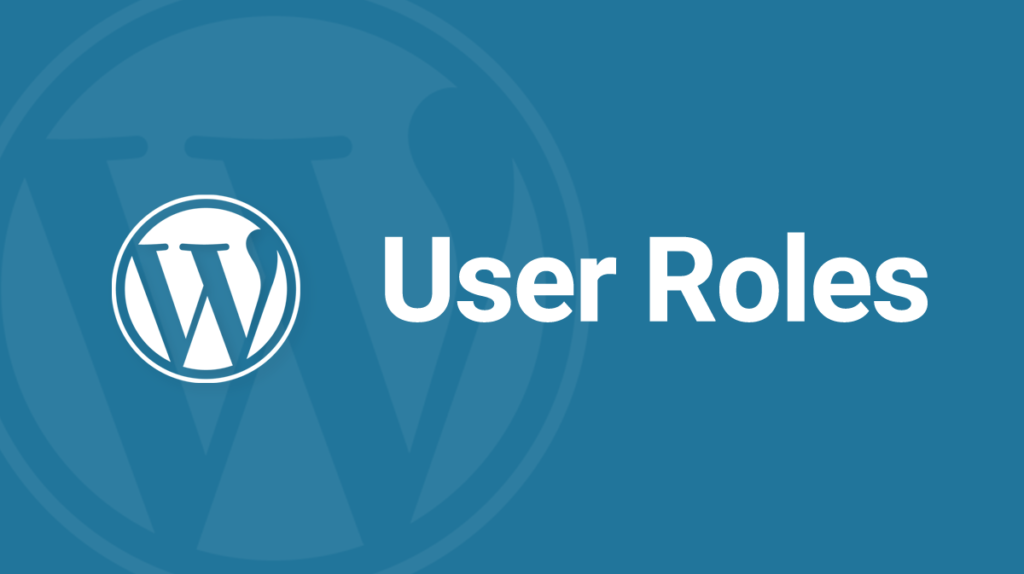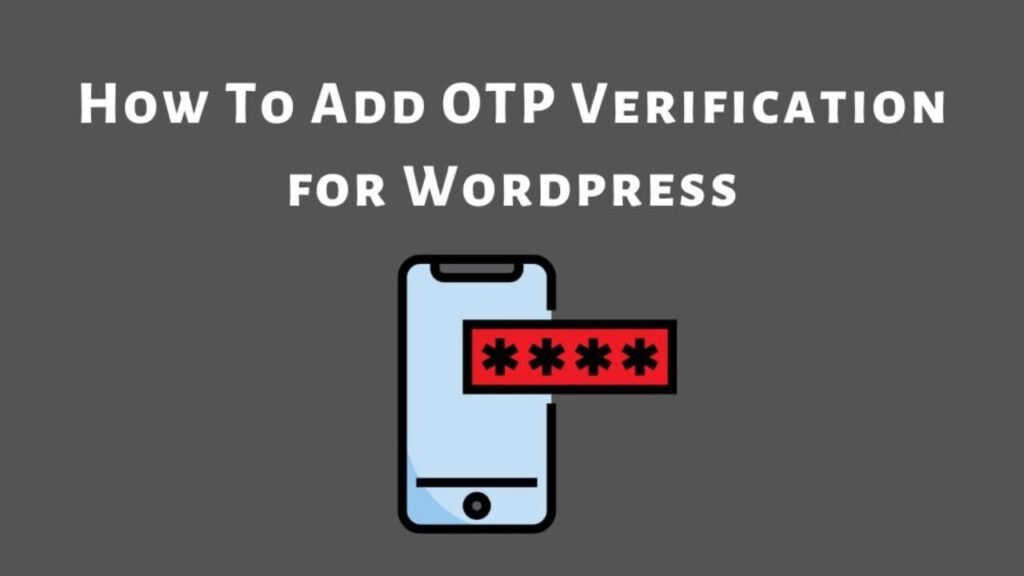What To Know
- Understanding the WP Author Role and its place in the WordPress User Roles hierarchy is key to maintaining a secure and efficient content management system.
- The WordPress Author Role is designed for users who need the ability to create, edit, publish, and delete their own content but should not have administrative or site-wide privileges.
- This role is commonly assigned to bloggers, content writers, or team members who contribute to a website regularly.
What is the WordPress Author Role?
The WordPress Author Role is designed for users who need the ability to create, edit, publish, and delete their own content but should not have administrative or site-wide privileges. This role is commonly assigned to bloggers, content writers, or team members who contribute to a website regularly.
Permissions of the WordPress Author Role
Users assigned the WP Author Role have the following permissions:
- Create and Edit Posts: Authors can write new posts and modify their own content before publishing.
- Publish Posts: Unlike contributors, authors can publish their own posts without requiring approval from an administrator or editor.
- Delete Own Posts: Authors can remove their own content if needed.
- Upload Media Files: Authors have permission to upload images and other media to their posts.
- View Comments: Authors can see comments on their posts but cannot moderate or delete them.
However, authors cannot:
- Edit or delete posts written by other users.
- Manage plugins, themes, or settings.
- Approve, moderate, or delete comments.
- Create new categories (they can only assign existing ones).

How the Author Role Fits into WordPress User Roles
WordPress has a role-based permission system that includes:
- Administrator: Full site control, including managing users and settings.
- Editor: Ability to edit and manage all content but not site settings.
- Author: Can create and publish their own content but cannot edit others’ posts.
- Contributor: Can write and edit their posts but need approval to publish.
- Subscriber: Can only manage their profile and leave comments.
The WordPress Author Role strikes a balance between content autonomy and security by limiting access to site-wide settings.
Managing and Modifying Author Role Permissions
Website owners may want to adjust the WordPress Role Permissions for authors to better fit their workflow. This can be done using plugins like:
- User Role Editor: Allows modification of existing roles and creation of custom roles.
- Members: Provides role management and permissions editing features.
- Capability Manager Enhanced: Grants fine-tuned control over user capabilities.
When to Assign the Author Role
The WordPress Author Role is ideal for:
- Professional bloggers contributing to a website.
- Staff writers who need publishing capabilities.
- Businesses allowing guest posts from trusted contributors.
However, if more control over content approval is needed, the Contributor Role might be a better fit.
Conclusion
Understanding the WP Author Role and its place in the WordPress User Roles hierarchy is key to maintaining a secure and efficient content management system. By assigning appropriate permissions and leveraging role management plugins, website owners can optimize their workflow while keeping their site secure.
Related Blogs
What is the WordPress API?
WordPress Admin Dashboard: Manage Your Site Like a Pro

